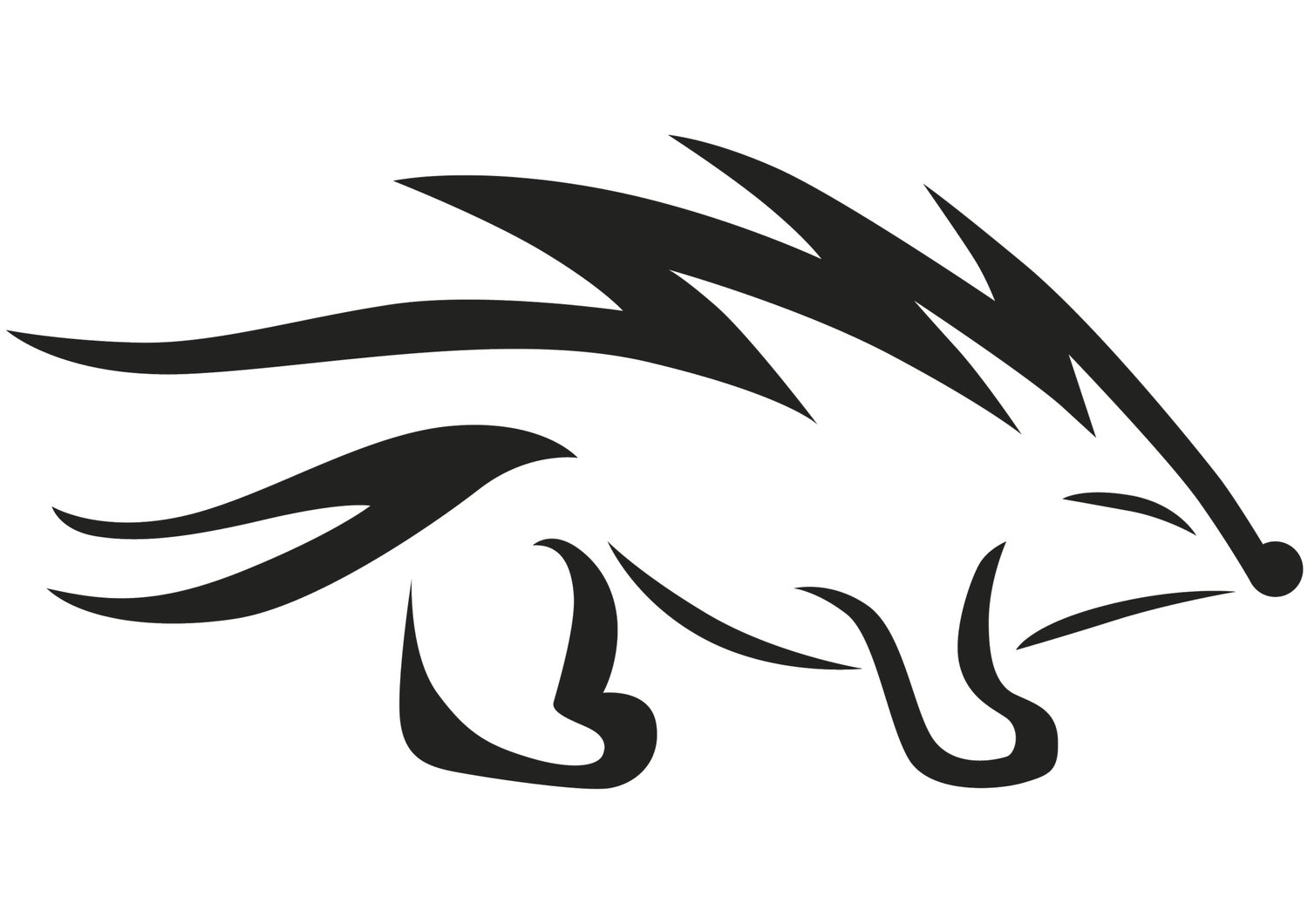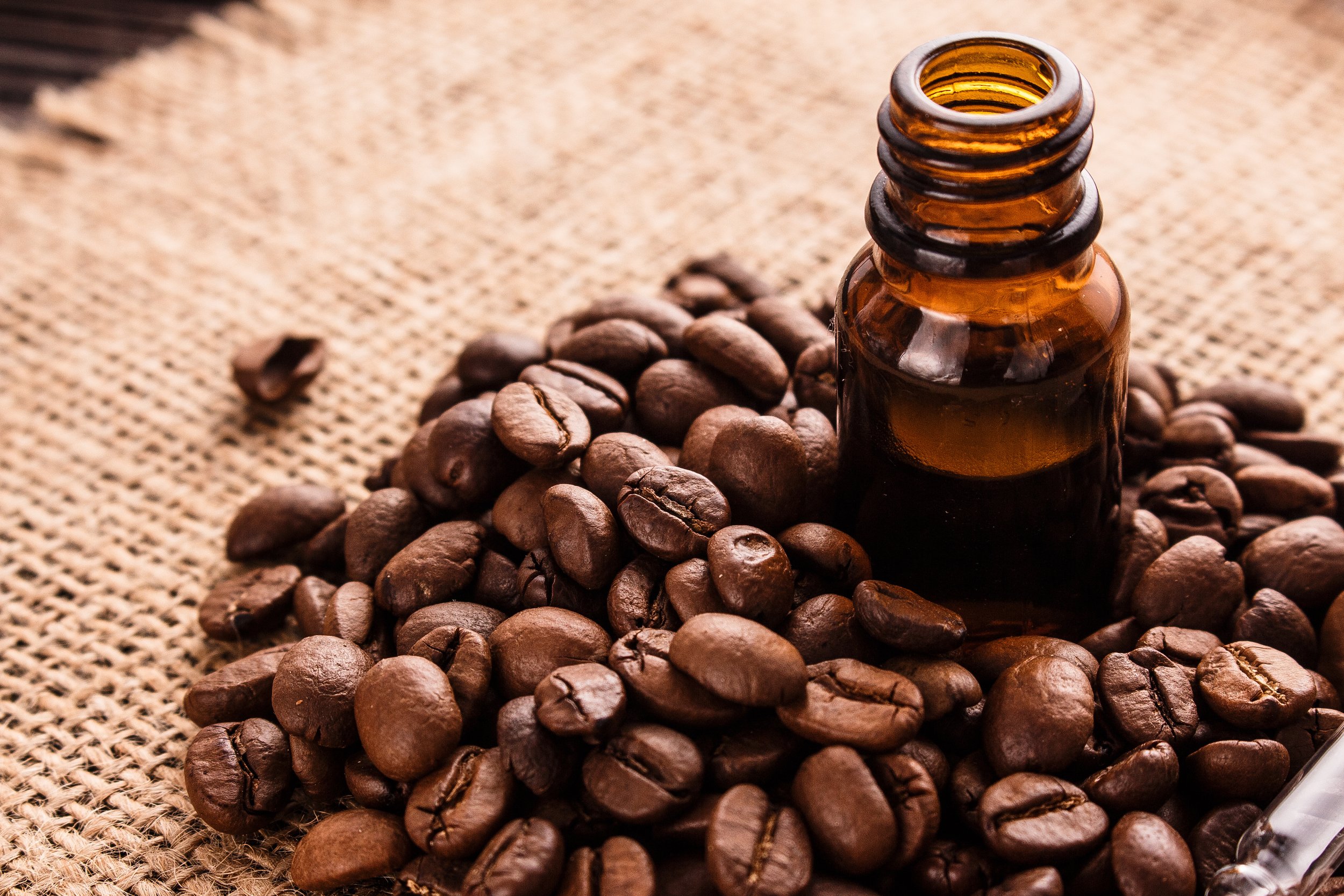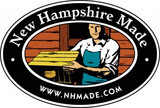Why is exfoliation important?
Regular exfoliation is great for your skin and contributes to your overall skin health. By aiding in the removal of dead skin cells, exfoliation keeps your skin refreshed and smooth. Whether it is chemical or physical, exfoliation helps rejuvenate your skin creating a radiant glow.
Physical vs. Chemical Exfoliation
Both chemical and physical exfoliation help remove dead skin cells and refresh your skin, but the method and results vary depending on the skin of exfoliation you choose. Physical exfoliators are scrubs, gloves, or coarse materials in soaps that help remove dead skin and provide almost immediately smoother skin. It can also be great for removing tough scents or products from your hands. People in the automotive and gardening industries may find physical exfoliants helpful. However, physical exfoliants may be too intense for some with sensitive skin. This is why it is important to test exfoliants on a small patch of skin before you begin using them regularly.
Chemical exfoliants only require skin application and no scrubbing. Thus, chemical exfoliants are more gentle physically, but they should still be patch tested to confirm the chemicals in the exfoliant work well with your skin type. The most common types of chemical exfoliants are alpha hydroxy acids (AHAs), beta hydroxy acids (BHAs), and polyhydroxy acids (PHAs.) Chemical exfoliants should be used at a similar frequency to physical exfoliants, about once a week.
Ultimately, your choice of exfoliant depends on your skin type and goals. Some people use different types of exfoliants for their face than the rest of their body, and some exfoliate more than others. Choose an exfoliant that helps your skin feel and look its best. We only offer physical exfoliants for our soaps, but they can be great for any part of your body.
Can tallow soap be used as an exfoliator?
The simple answer to this question is yes. Tallow soaps can be exfoliators if mixed with the right ingredients. While tallow soaps are not generally exfoliators, certain ingredients like pumice powder, coffee grounds, ground loofah, eucalyptus or patchouli leaves, oatmeal, and even rose petals can be added during the soap-making process to make them exfoliators.
Which soaps can be used as exfoliators?
Two of our soaps can be used as exfoliators – our Pumice tallow soap and our Coffee! tallow soap. Both are made with our all-natural, grass-fed, and pasture-raised tallow; however, they each contain their own unique ingredient for exfoliation. Our Pumice tallow soap is made with pumice powder, an excellent exfoliant that people often use on tough skin on the hands or feet. Pumice derives from volcanic rock that forms when lava suddenly cools during an eruption. It has a spongelike appearance and is porous and light, but it is ground before it is mixed with our soaps. Pumice is a great exfoliator when paired with tallow and used gently. It will keep your skin smooth and moisturized. It is especially good for gardeners, cooks, and automotive technicians.
Our Coffee! Tallow Soap is made with coffee essential oil and coffee grounds that we source from local roasters. We infuse the coffee essential oil into the tallow and add coffee grounds for exfoliation and additional benefits. Coffee grounds don’t dissolve in water, making them great for scrubbing away dead skin cells. The soap helps hold the coffee grounds in place so you can moisturize and exfoliate simultaneously. Combining the coffee grounds with soap can create an exfoliating bar that lasts three weeks to a month!



